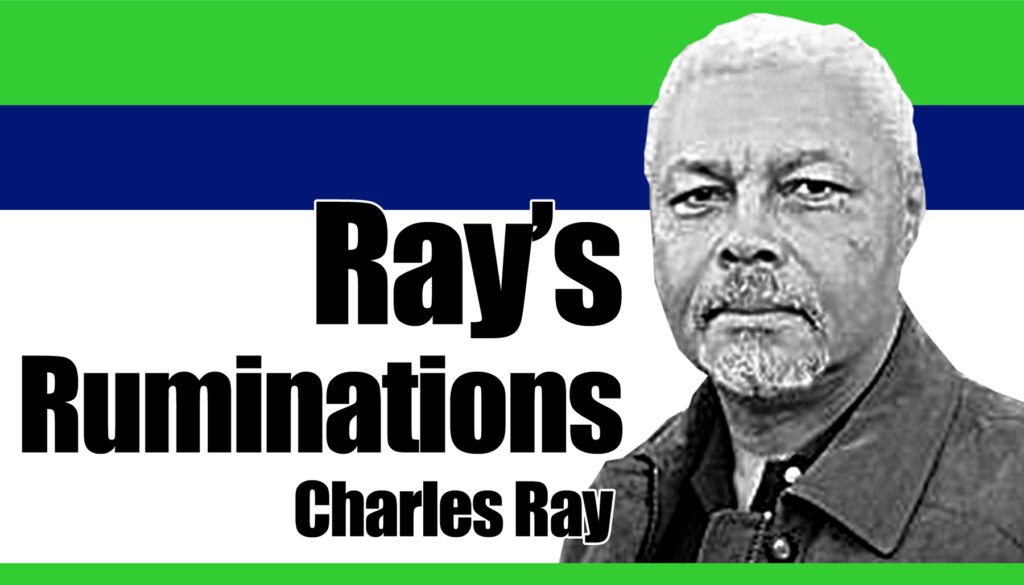
During my time as the U.S. ambassador to Zimbabwe (2009-2012) one of my goals was to reach out to the youth of that country, to encourage them to be the best that they could be and to work to improve themselves and their country. I often wrote little essays for the embassy’s blog on the importance of leadership, honoring elders, why democracy matters, and the like.
Local papers that stood in opposition to the country’s autocratic government would often take these essays from our blog and publish them as opinion pieces from the U.S. ambassador, and it turned out that they were actually quite popular with the reading public. They were so popular, in fact, that my public affairs section decided to publish some of the more notable ones in a little booklet which we then distributed nationwide to youth groups.
The book, Where you come from matters less than where you’re going, became so popular, we had to do three or four printings to keep up with demand, and in addition to an English version, it was published in Shona and Ndebele, the two indigenous languages.
As might be expected in an autocratic country that was intent on exercising firm control over everything its citizens did, said, or thought, there was some backlash to the booklet. While the government stopped short of trying to ban it, the propagandists did everything they could to discredit it, finally settling on attacking the title. Their claim, I was denigrating the glorious history and heritage of all the country’s people with the title, saying that their origins were unimportant.
Fortunately, the young people of Zimbabwe were smarter than that, and they got it. I wasn’t saying that heritage is unimportant. I was saying that your origins, no matter how humble, should not stop you from achieving greatness, thus the phrase, ‘matters less.’ I didn’t say, nor do I believe that where you come from does not matter, only that it’s more important where you’re going, and even more important, the nature of your journey.
I use my own history to underscore that point. I was born in Texas in the 1940s, and grew up in an era of rigid Jim Crow segregation, where doors were either closed, or placed in the back and cut off from the upper levels of society. When I graduated from high school, the jobs available to me in the South were severely limited, as was where I could live or go to school.
I grew up in a town where even the parking in the downtown area—as tiny as it was—was segregated. I could have let that define me, and spent my early adulthood working at the few menial jobs open to me, or go into one of the few that were open at the time, teaching, preaching, or undertaking. I chose not to. Instead, I packed a bag, caught a bus to the nearest big city, Houston, and joined the army, where there was still discrimination, but it was unofficial, and there were doors that were legally open to me. All I had to do was take a chance of knocking on them, which I did again and again.
For the first twenty years after leaving my small Texas town, I went to school at night at schools near whatever military base I was posted to, or classes on post, and I took advantage of every special course available to me. In the process, I learned several languages, and acquired skills that as a kid growing up in Texas I dared not even dream of.
I went from the army to the American diplomatic service and worked my way up to the point of being appointed by the president to be ambassador to two countries, Cambodia and Zimbabwe, and a three-year-stint as a Deputy Assistant Secretary of Defense responsible for the recovery and repatriation of those missing in action around the world.
My humble origins could not by any stretch of the imagination have foreshadowed where I would end up. While I’ve not forgotten them, and I still honor the positive things from my background, things like perseverance and self-reliance, or the importance of education. But in the end, where I started from doesn’t really matter. The journey to where I am now is what really counts. | NWI




